Amateur historian Thomas Lessman, who has been researching world history for over 20 years, has created a series of maps of India showing these shifts from 1 AD till the rule of the Delhi Sultanate. On his website Lessman says he “became frustrated while researching history because it's hard to find great maps. The best maps are in books that cost more than I make in a week... So I realised if I want free World History Maps, I’d have to make them myself”.
The maps provide a vivid history tour. They start from the time the Sakas or Indo-Scythians firmly established their presence in India.

The Indo-Parthian and Indo-Synthian era: 1 AD
Indo-Greeks ruled India for over two centuries, during which time the fusion of Indian and Hellenistic influences flourished. This map shows the Indo-Parthian rule and the Indo-Synthian kingdom. The Indo-Scythians were descendents of the Scythians who had migrated from southern Siberia and displaced the Indo-Greeks.
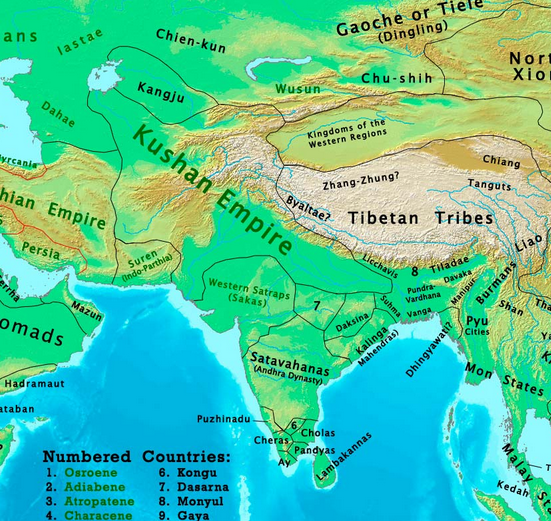
The Kushan Empire: 100 AD
The Kushan Empire was founded under Kujula Kadphises but it was under his grandson, the Buddhist emperor Kanishka, that it reached its peak. Kanishka expanded the kingdom till as far as Varanasi and captured areas in present-day China.
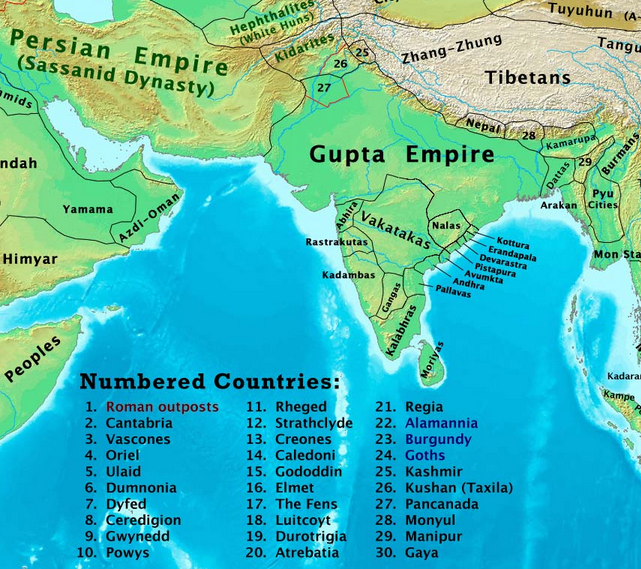

The Gupta and Huna Empire – 400 - 500 AD
This was the period of the domination of the Gupta Empire, referred to by some as the Golden Age of India. During this time, literature, art, astronomy and math flourished in the region and much of the subcontinent was unified under one kingdom. The Huna Empire extended from parts of eastern Iran to northwestern India. This proximity is the reason why, some believe, the Huna tribe finds a mention in the Mahabharata.

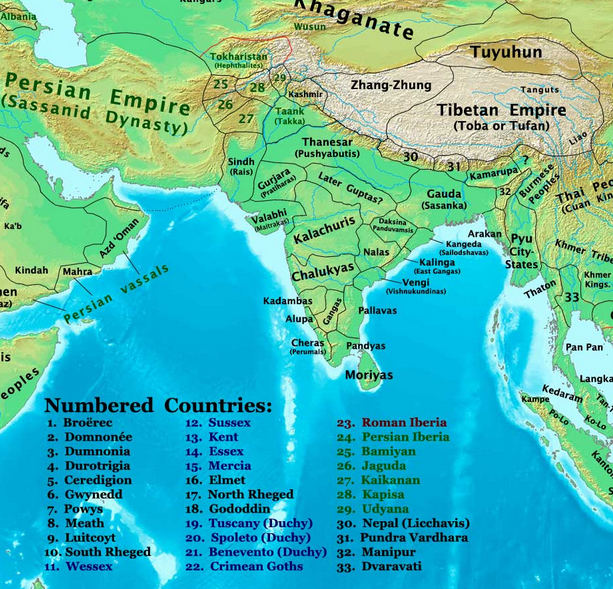

The Chalukyas ruled southern and central India from the 6th century to the 12th century. Kannada and Telugu literature thrived in this era, as did Chalukyan architecture. In the north, the Chachas dynasty began ruling over Sindh by 700 AD.
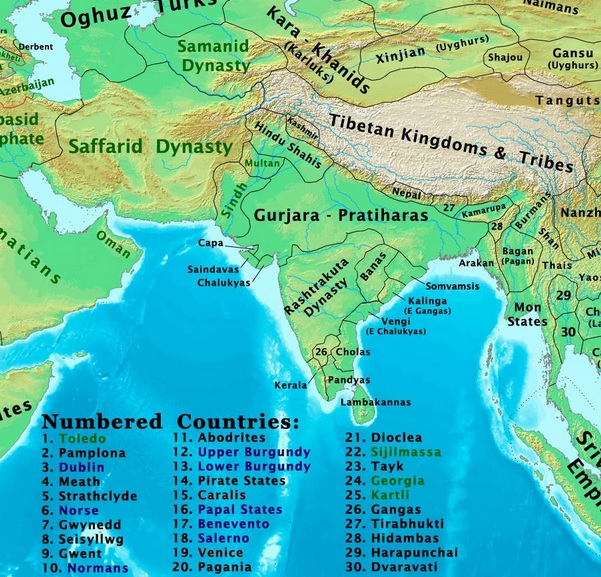
The Gurjar-Pratihara dynasty, in 900 AD, spread its kingdom from Rajasthan to the east in India. Meanwhile, the Deccan was under the Rashtrakuta dynasty.
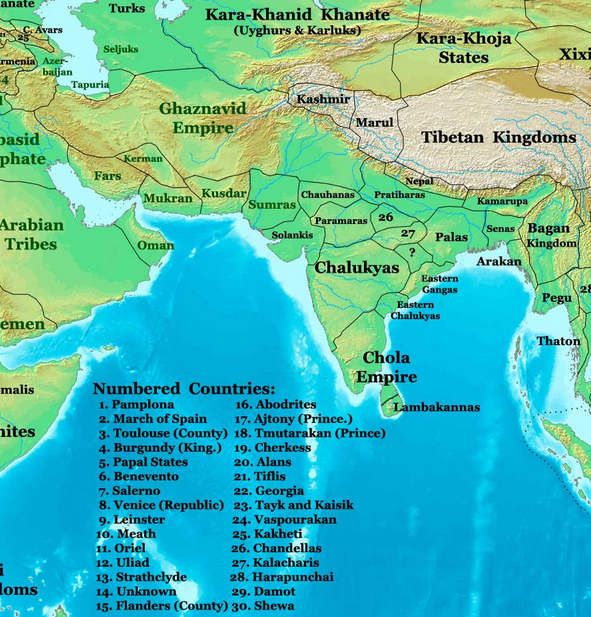
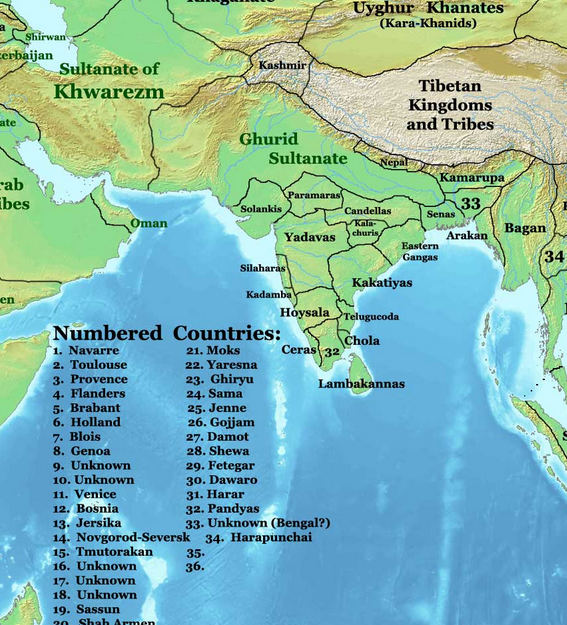

The Ghaznavid Empire gradually moved in and conquered India and later the Delhi Sultanate, a Delhi-based Muslim kingdom that stretched over large parts of India from 1206–1526, the fall of which eventually led to the Mughal rule in the country.

By 1500 AD, the Rajput states had established their presence. The Vijayanagar Empire in the south was still strong.










